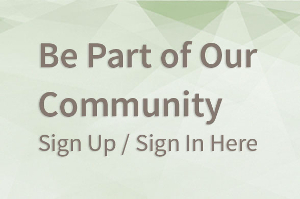BK Blog Post
When Co-Authors Fight!
 Posted by
Anna Leinberger,
Editorial Manager, Acqusitions,
Berrett-Koehler Publishers Inc.
Posted by
Anna Leinberger,
Editorial Manager, Acqusitions,
Berrett-Koehler Publishers Inc.
Anna is a writer and editor for Berrett-Koehler in Oakland, CA. More on killer book proposals and writing can be found on her BK Blog.
In this week’s "Confessions of an Editor," we are going to get quite a bit more confessional than usual and talk more about the real world inside the publishing industry. Many books, especially nonfiction books, have two, three, or more authors. Any close relationship generally has its ups and downs, its challenges and its conflicts. Writing is a peculiarly intimate act, so writing with someone escalates what might appear to be a professional relationship to one of increased closeness and required vulnerability. The result can be deep conflicts for which the authors were unprepared for and not entirely equipped to manage. Enter your editor!
The unexpected mediator
Amongst the many roles an editor is expected to play, one is that of mediator. It can be between two co-authors, between author and copy-editor, between the author and one of the departments. Any time there is relationship management to be done, your editor will step in and make sure everyone is happy. This is more difficult when the conflict is between several authors. The common understanding of an editor’s job is that they simply edit the book- working with the content. Instead, most of an editor’s job is actually about making sure everyone is happy so the process of writing and publishing the book can go smoothly.
So what is an editor to do?
Author conflicts require walking lightly on eggshells. Imposing on the relationship is not a winning strategy, but letting a conflict go un-addressed is also not going to help the book excel. Here is where technology comes in, and Berrett-Koehler’s commitment to transparency as well. Careful use of the CC function in emails can keep authors apprised of all communications between the group. If authors can see what is going on and instead of confronting each other directly, they will get a bigger picture view of any given situation. An editor will never know the extent of an author relationship, so getting directly involved will often backfire. A skilled mediator knows that resolving any conflict is up to the two parties, and it is their job to facilitate the exchange of information between two conflicting parties. Ultimately the editor’s responsibility is to help the authors create the best book they have in them, and ensuring a transparent relationship and open lines of communication is an essential task.





